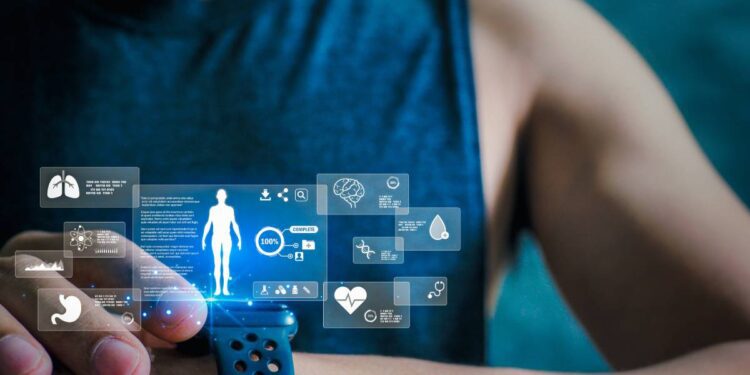Wearable medical devices have reshaped health management, equipping individuals with tools to take charge of their well-being. Integrated into modern health-care practices, they empower patients to monitor their health continuously and actively manage their treatment plans. For deeper insight, let’s explore how wearable medical devices influence patient autonomy.
Concept Overview
Wearable medical devices range from common fitness trackers to medically approved gadgets like continuous glucose monitors or portable ECG devices. Unlike general consumer wearables, these medical tools meet rigorous standards, ensuring they provide accurate health insights. A common example is at-home blood pressure monitors that empower individuals to assess their cardiovascular health directly.
Autonomy in health care emphasizes the ability to make independent, informed choices about treatments and lifestyle changes. Wearable devices fit into this concept by granting people the data they need to understand their health better. For instance, a person with diabetes can adjust their diet and activities using a glucose monitor.
Patients connect with health-care systems through these advanced tools while controlling their own decisions. Wearables, therefore, bridge the gap between clinical oversight and individual empowerment.
Benefits of Wearable Medical Devices
Wearable medical devices influence patient autonomy by granting real-time monitoring and near-instant access to critical health data. For instance, a smartwatch tracking irregular heart rhythms can prompt immediate medical attention or subtle lifestyle modifications that may prevent serious conditions from developing. This ongoing stream of data helps people stay informed without constant professional input.
Decision-making also becomes less abstract with wearables. A respiratory patient with a tracker can determine when their environment increases complications and adjust their routine to avoid triggers. Patients gain the tools to manage their conditions, shifting from passive care recipients to active participants.
Technologies That Make Wearable Devices Possible
Miniaturized components make it possible to house sensors, processors, and communication features in sleek designs. For example, microelectronics allow devices like fitness bands to record and transmit vital data while maintaining the user’s comfort.
Moreover, solenoid valves support medical device innovation by controlling fluid and gas flow, which is essential for many wearables. Devices such as infusion pumps depend on this precision to administer medications accurately. Additionally, software advancements enhance the functionality of wearable devices.
Algorithms and machine learning process the collected data and transform it into user insights. For instance, AI systems can detect patterns in heart rate variability, providing early warnings for potential health issues.
Connectivity further amplifies the impact of these devices, as they integrate into the Internet of Medical Things (IoMT). This integration allows real-time data sharing between patients, health-care providers, and caregivers.
Conclusion
Wearable medical devices revolutionize patient autonomy through constant monitoring, individualized insights, and greater participation in health-care management. Behind the scenes, advances like solenoid valves and connectivity networks drive these innovations, creating indispensable tools in today’s health-care environment.
















